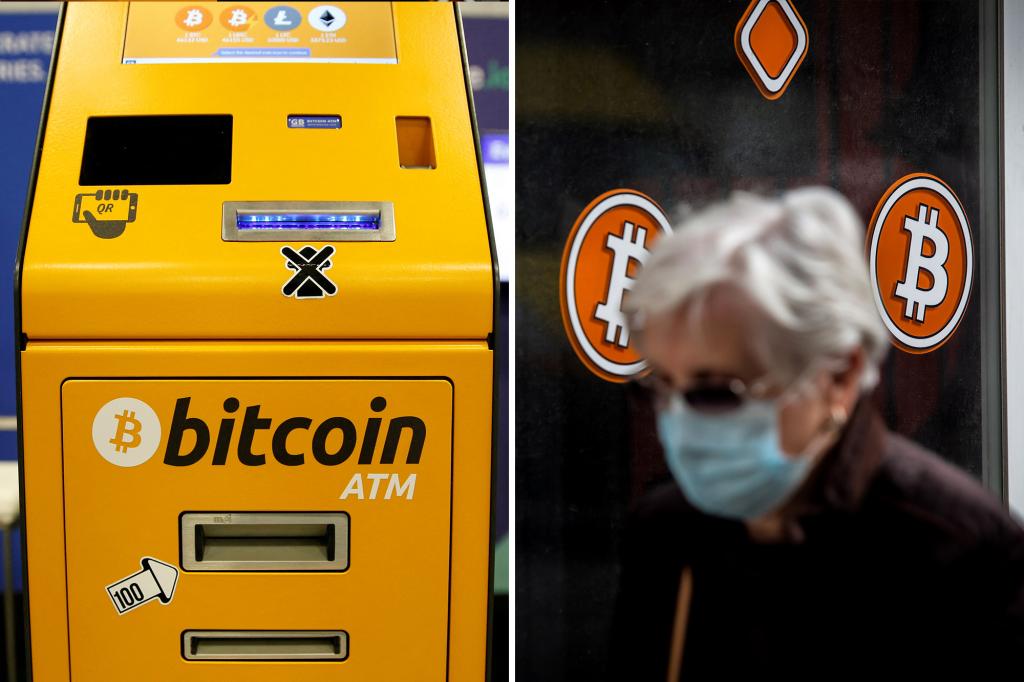Last year, scammers targeting senior citizens were able to steal $110 million through schemes that involved bitcoin ATMs. This marked a nearly tenfold increase from the previous year, with Americans over the age of 60 being more than three times as likely to be victims compared to younger adults. Emma Fletcher, a senior data researcher at the FTC, highlighted that bitcoin ATMs have provided scammers with an opportunity to target older adults who may be unfamiliar with the technology.
The scam typically involves fraudsters contacting victims under the guise of customer service representatives or officials warning them about identity theft or account breaches. The victim is then sent a QR code linked to a digital wallet and asked to scan it to protect their assets. Once the victim uses a bitcoin ATM to deposit money, the funds ultimately end up in the scammer’s possession. One victim, 76-year-old Marilyn Locascio, lost $31,500 to a fraud group that posed as Apple tech support, a bank representative, and government officials. The scheme began with a security alert on her iPad that led her to call a fraudulent number.
Older adults are often more vulnerable to financial exploitation due to cognitive decline, a lack of support, and decreased ability to trust their instincts. This makes them easier targets for scammers who are able to manipulate them into falling for fraudulent schemes such as those involving bitcoin ATMs. While bitcoin ATMs are legal in the US, they are banned in some countries like the UK and Singapore. These machines look and function like traditional ATMs, but they deal with cryptocurrencies instead of cash and can be found in locations such as convenience stores, gas stations, and laundromats.
The rise in bitcoin ATM-related scams targeting senior citizens has sparked concern among regulators and law enforcement agencies. The FTC has reported a significant increase in fraud cases involving money sent through bitcoin ATMs, with many victims being older adults who fall prey to sophisticated scams. These fraudulent schemes often start with a phone call from scammers pretending to be customer service representatives or officials, leading victims to trust them and ultimately lose large amounts of money.
Despite efforts to raise awareness of these scams, many senior citizens continue to fall victim to bitcoin ATM-related fraud due to their susceptibility to manipulation and insufficient understanding of the technology involved. Law enforcement agencies are working to educate the public about the risks associated with bitcoin ATMs and other forms of cryptocurrency-related fraud in order to prevent further financial losses among vulnerable populations. By increasing awareness and promoting safe practices, authorities aim to reduce the prevalence of scams targeting older adults through bitcoin ATMs and other means.


